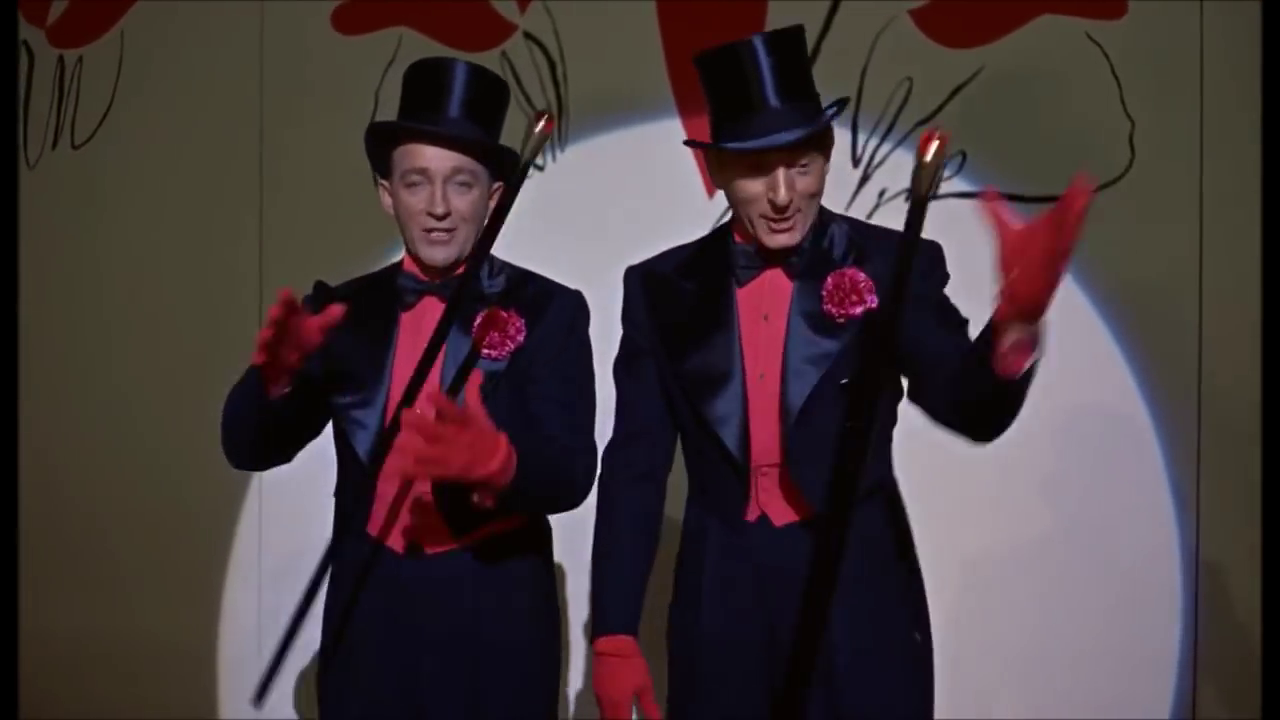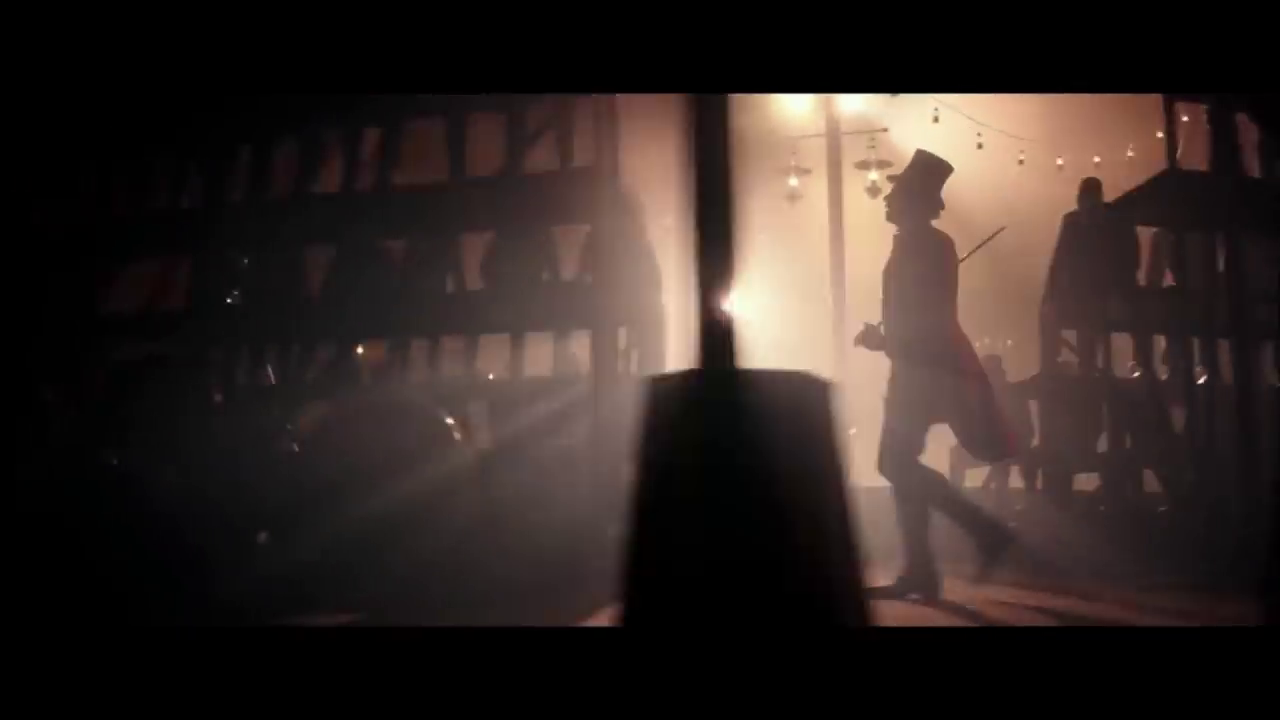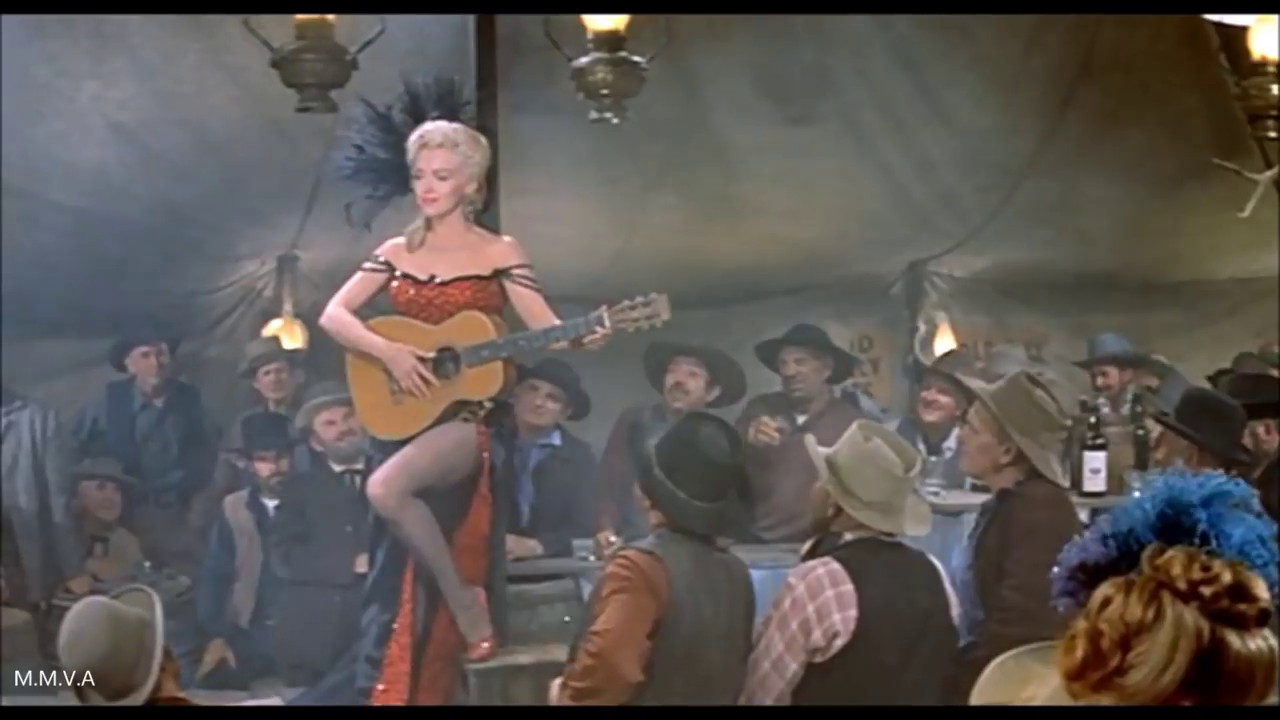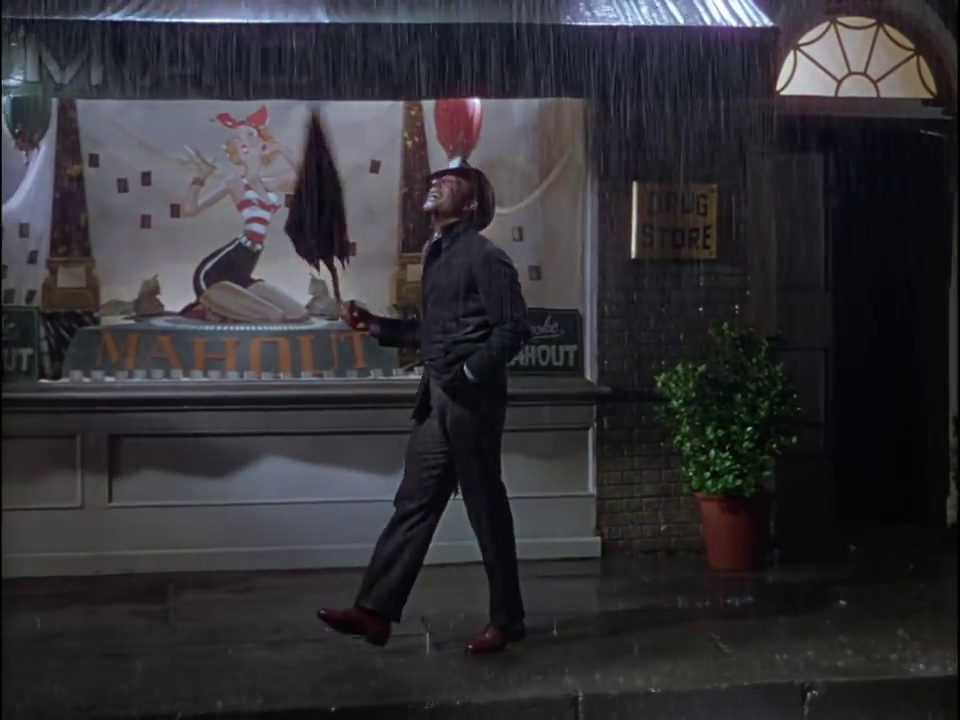Textile Memory: Cinema and the Uncountable Screens
A VR Essay by David Mai
Abstract:
A film is a culture’s memory, with cinema functioning as the culture’s collective memory. As with the “de-interpretation” and “re-interpretation” of human memory through the act of remembering, films as texts open up the possibilities for their own transmutation through the act of rereading. By drawing from the art installations of Bill Viola and applying the Freudian theory of condensation and screen memory, this virtual reality essay will explore how cinematic and digital media texts are controlled through algorithmic hegemony and examine the ways in which censorship influences cultural memory.
Bio:
David Mai is an MFA Candidate at San Francisco State University. He is a genre filmmaker who operates predominately in narrative horror—in accompaniment with other body genres, e.g., melodrama and pornography—often blending other modes together. His work is informed by his interests in sexuality, feminist, and affect theory; in addition, through his work, he seeks to bridge critical film studies and film production to bring about meaningful hybridity between the two spheres.
Text
/ tekst / noun
“The wording of anything written or printed;
the structure formed by the words in their order;
the very words, phrases, and sentences as written.”
Oxford English Dictionary, “text”, http://www.oed.com.



“[E]very text is eternally written here and now.”
Roland Barthes, “The Death of the Author”, in Image / Music / Text, trans. Stephen Heath (New York: Hill and Wang, 1977), 145.
- Walter Benjamin, Illuminations (New York: Schocken Books, 1977), 98.
- Jad Abumrad and Robert Krulwich, “Memory and Forgetting”, in Radiolab, June 7, 2007.
- Roland Barthes, “The Death of the Author”, in Image / Music / Text, trans. Stephen Heath (New York: Hill and Wang, 1977), 145.
- Oxford English Dictionary, “text”, http://www.oed.com.
- Oxford English Dictionary, “context”, http://www.oed.com.
- Oxford English Dictionary, “texture”, http://www.oed.com
- Sophie Fiennes, The Pervert’s Guide to Cinema, 2009.
- Linda Williams, Screening Sex (Durham and London: Duke University Press 2008), 2.
- Sigmund Freud, Moses and Monotheism, trans. Katherine Jones (London: Hogarth Press 1939), 120.
- The Chicago School of Media Theory, “screen (2)”, https://lucian.uchicago.edu.
- Hans Block and Moritz Riesewieck, The Cleaners, 2018.
- Ibid.
- Ibid.
- Ibid.
- Ibid.
- Ibid.
- Ibid.
Works Cited
Abumrad, Jad and Krulwich, Robert. “Memory and Forgetting.” In Radiolab. June 7, 2007.
Barthes, Roland. “The Death of the Author.” In Image / Music / Text. Translations by Stephen Heath, 142-148. New York: Hill and Wang, 1977.
Benjamin, Walter. Illuminations. New York: Schocken Books, 1977.
“Context”. OED Online. Oxford University Press. http://www.oed.com.
Freud, Sigmund. Moses and Monotheism. Trans. Katherine Jones. London: Hogarth Press, 1939.
Gabriel, Teshome H. “Ruin and The Other: Towards a Language of Memory.” 1993.
Manovich, Lev. “The Database.” In The Language of New Media. MIT Press, 2002.
“screen (2)”. The Chicago School of Media Theory. https://lucian.uchicago.edu.
“Text”. OED Online. Oxford University Press. http://www.oed.com.
“Texture”. OED Online. Oxford University Press. http://www.oed.com.
Williams, Linda. Screening Sex. Durham and London: Duke University Press, 2008.







